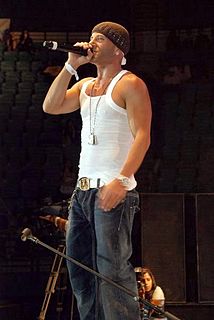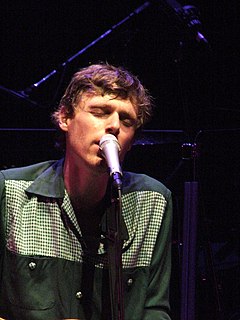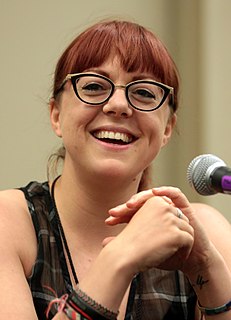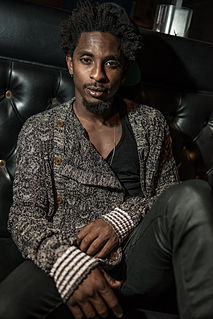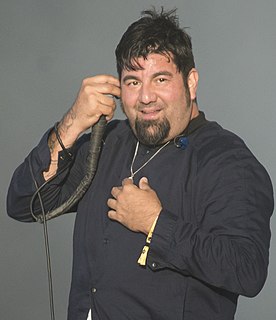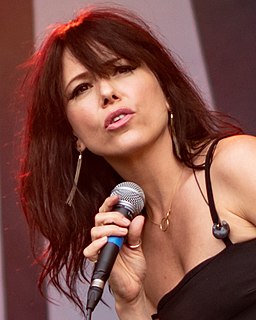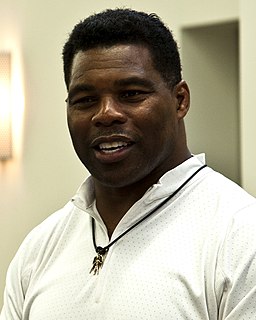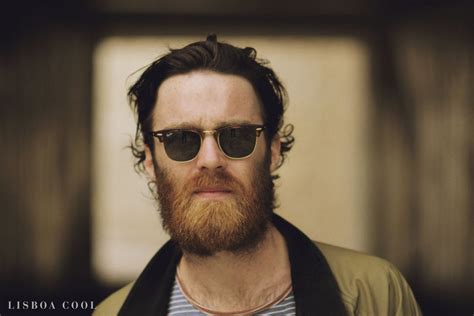A Quote by Karl Wolf
I like my 1980s music. That's why I would bring that back, in a new kind of way, for the people of today. Those are my inspirations.
Related Quotes
When I decided to write about my brother and friends, I was attempting to answer the question why. Why did they all die like that? Why so many of them? Why so close together? Why were they all so young? Why, especially, in the kinds of places where we are from? Why would they all die back to back to back to back? I feel like I was writing my way towards an answer in the memoir.
It wouldn't bring her back. I know. Trust me, I do. And I would have done far worse, he says, if I'd thought there was a way to bring Regina back. I would have traded places. I would have sold souls. I would have torn this world apart. I would have done anything, broken any rule, just to bring her back.
I'm trying to bring back 'Top of the Pops.' I don't know why us artists haven't just stood there and said, 'Let's back a campaign and bring it back,' because it would be the most amazing thing ever. 'X Factor' has got the Sunday show, and except for 'Later with Jools Holland,' which is a massive success, there isn't one music show.
People ask me if I'm influenced by British music, and I suppose I grew up listening to mostly British music - from new wave stuff through to heavy metal. Like, when I got into metal, it was Black Sabbath. I never really got into a lot of American rock. I appreciate some of it, but not much! Most of the great new wave music was coming out of Britain, and Germany. So maybe those influences have made their way into my music, and perhaps that's why I have this connection with people in Europe. But maybe it's something cosmic.
In an odd way I thought I was lowering the bar for myself, in saying, well, I'll make a pop album. But in a way it's kind of harder to make pop music. It's like the more abstract you get with music, you get into that emperor's new clothes thing, where you can go anywhere, and just claim that your audience may not be prepared to go with you. But with pop music, I think everybody understands the form, everybody knows what it's meant to do. So I would say it's harder to write that kind of music.
All of my friends are really good dancers, which was initially why I never danced - we'd go out and they would kill it and I'd be like, "Yeah, I'm just gonna sit at the bar." I broke my foot, and I couldn't run for a year, but I realized I could kind of dance. It reminded me how amazing dance is; it's so in tune with music - it is music. It's a physical expression of whatever music is. On stage, you're interacting with things - physical things. So I've really started to like and notice the way people move with music.
He shook his head. "Some people think that they like music, but they have no idea what it's really about. They're kindding themselves. Then there are people who feel strongly about music, but just aren't listening to the right stuff. They're misguided. And then there are people like me."
"People like you," I said. "What kind of people are those?"
"The kind who live for music and are constantly seeking it out, anywhere they can. Who can't imagine a life without it. They're enlightened."
When I started out as a music journalist, at the end of the 1980s, it was generally assumed that we were living through the lamest music era the world would ever see. But those were also the years when hip-hop exploded, beatbox disco soared, indie rock took off, and new wave invented a language of teen angst.
